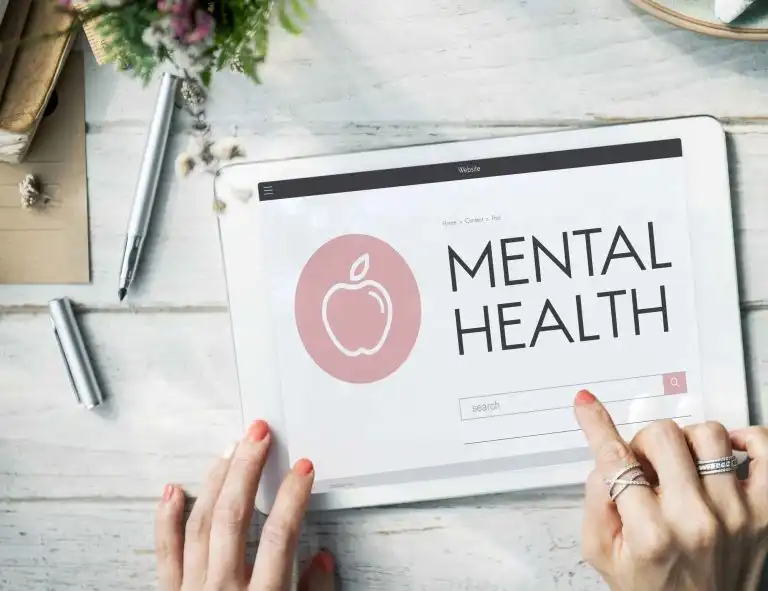Double Checking Online Mental Health Information
More and more people are getting their mental health information online. Lots of information on Tik Tok, for example, is valid, but there is also a lot of false and misleading information out there as well, especially in the age of COVID. And lots of what you read is just “sales talk” masquerading as valid medical advice. So, when… Read more
Reviewed by The PsychPlus Team
Staff Provider at PsychPlus
November 1, 2022

More and more people are getting their mental health information online. Lots of information on Tik Tok, for example, is valid, but there is also a lot of false and misleading information out there as well, especially in the age of COVID. And lots of what you read is just “sales talk” masquerading as valid medical advice. So, when the topic is serious, like mental health, you really want to be careful and vet your online sources before assuming they’re accurate.
Obviously, the best approach when struggling with mental health issues is to make an appointment with a doctor. Having said that, people do a lot of research online, including on social media, so given that fact, here are certain basic steps you should take to make sure the information you’re consuming is accurate, scientifically based and likely to be helpful, not detrimental, to your mental health.
Some mental health content creators are qualified doctors, social workers and therapists. Such qualified individuals are likely to be making recommendations that are based in science and logic. So definitely check out a source’s qualifications. After that, conduct searches online to see whether you can identify research that backs up what your source has written on the topic. Google Scholar (https://scholar.google.com) is a great place to do such research, as are internationally recognized medical websites such as The National Institute of Mental Health (https://www.nimh.nih.gov).
And finally, why not consider running your online learnings by a trusted friend, perhaps someone with a background in medicine or research? Most importantly keep in mind that since the Internet has plenty of false and misleading information, you need to be a careful and logical consumer, making sure to protect for your health and wellness at all times.
Find a mental health care provider near you
Learn about the conditions we treat


